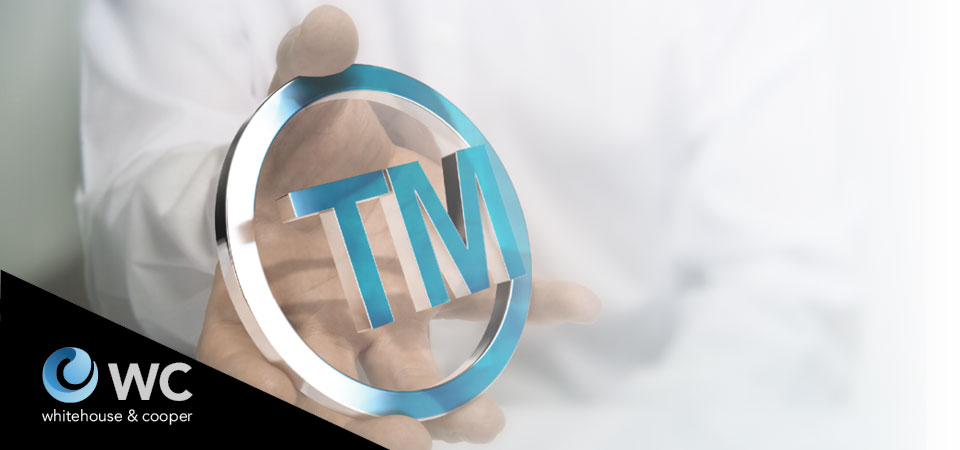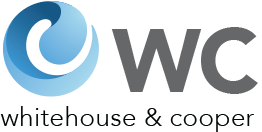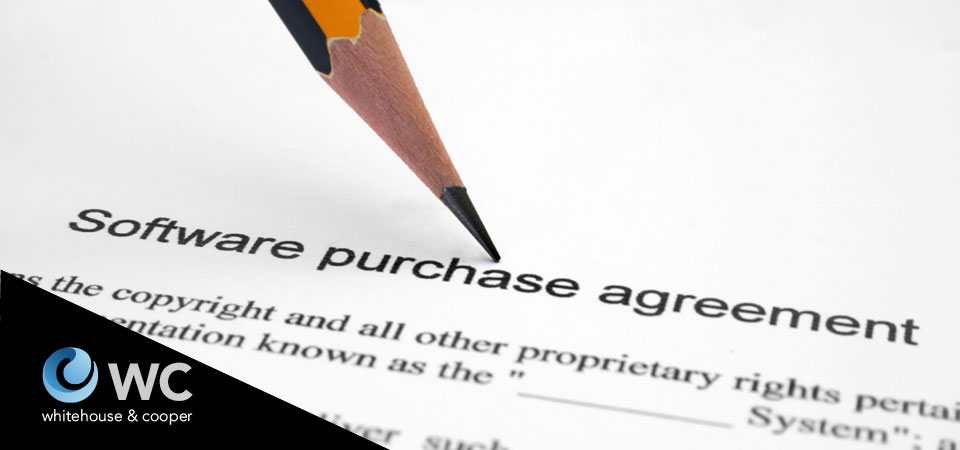
Beware of the Inevitable Software Licensing Audit
The face of the corporate data center and the perception of IT are changing. Hardware is becoming commoditized and taking a backseat to software. IT has evolved from a collection of equipment that can help reduce costs to a strategic business asset. As a result, many organizations have ramped up their software investments.
Unfortunately, a large percentage of these companies don’t follow best practices for managing and tracking the use of software. Many simply don’t understand complex software licensing requirements and lack the knowledge and tools to track software usage.
This explains why the use of unlicensed software, intentional or not, is rampant. According to the 2013 Business Software Alliance Global Software survey, more than four in 10 PC software installations weren’t licensed.
The total value of unlicensed PC software used in 2013? Approximately $62.7 billion.
That number has gotten the attention of Microsoft and other leading software vendors that are always on the lookout for new revenue streams. More and more organizations are being subjected to vendor software licensing audits, which involve inquiries to determine whether every copy of installed software at a particular organization is properly licensed. In fact, the 2013 Software Audit Industry Report from Express Metrics found that more than half of surveyed companies were audited within the past two years.
Software vendors have traditionally focused their efforts on large enterprises, but small-to-midsize businesses (SMBs) are becoming an increasingly popular target for software licensing audits. Because SMBs typically have limited IT personnel, simply responding to an audit and combing through complicated software agreements, new and old, can be overwhelming.
Depending on the findings of the audit, the financial impact can be particularly painful. A 2012 IDC survey found that more than half of respondents paid software vendors more than $100,000 in fines and additional licensing costs after an audit.
Of course, the risks related to the use of unlicensed software aren’t limited to audits. Similar to software that has reached its end of life and is no longer supported, unlicensed software users don’t receive security patches from software publishers. This opens the door for hackers to gain access to your network and get their hands on sensitive company and customer data. Dealing with a security breach can make a software licensing audit seem like a walk in the park.
Unfortunately, it’s probably just a matter of time before your phone rings with an audit request from a software vendor. In the next post, I’ll discuss what to expect and how to respond, and share best practices for developing a sound software license compliance strategy.



1 Comment
[…] a previous post, I discussed how the combination of software-focused IT environments and an inability to properly […]